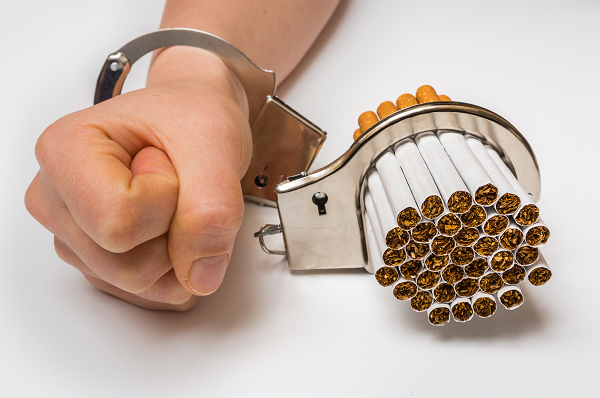Most smokers want to quit. Many try, but only a few succeed. Learn why hypnosis is gaining ground as an effective way to finally break the habit, and what one Bay Area expert has discovered after helping over 5,000 people quit for good.

If 85% of smokers try to quit, why do only 6% succeed?
Quitting nicotine is more than just resisting a craving. It’s untangling years of neural associations, like cigarettes as stress relief, as social comfort, or as something to do during transitions. These associations live in the subconscious, where logic and willpower rarely reach.
Patches, gums, and medications are used to reduce withdrawal symptoms. But they don’t address the mental script that tells your brain, “This cigarette will make you feel better.” And until that script is rewritten, most attempts to quit are temporary.
Unlike surface-level treatments, hypnosis works by targeting the brain’s automatic reward system, where addiction takes root.
Practitioners like Joseph Giove use clinical hypnosis to rewire the subconscious associations between smoking and pleasure. The process helps retrain your brain to stop linking nicotine with relief, calm, or reward, cutting off the desire at the source.
“Hypnosis works because it goes deeper than the behavior,” Giove explains. “We’re not just trying to resist a craving—we’re teaching the brain it doesn’t need it anymore.”
A University of Iowa meta-analysis of over 600 studies found hypnosis outperformed every other quit method. Another report published in New Scientist reached the same conclusion after reviewing data from more than 72,000 smokers.
In some cases, yes. These programs are designed to make immediate shifts, with many people reporting they quit after a single visit. The point, though, is not how quickly you stop smoking, but making sure it's long-lasting and with no withdrawal symptoms.
By calming the autonomic nervous system and reprogramming the brain’s triggers, hypnosis helps eliminate the tension that often drives relapse. Clients often report sleeping better, feeling calmer, and experiencing none of the withdrawal symptoms they feared.
If you’re considering this route, here’s what to look out for:
If you’ve tried quitting with everything from patches to apps and still find yourself reaching for a cigarette, it may not be a failure of willpower. It may just be that you haven’t used the right tool.
Hypnosis is safe, non-invasive, and drug-free, and it’s helping thousands of people. In Giove's case, 5,000 clients have successfully quit smoking, vaping, or nicotine addiction through his hypnosis-based program, without struggle.
